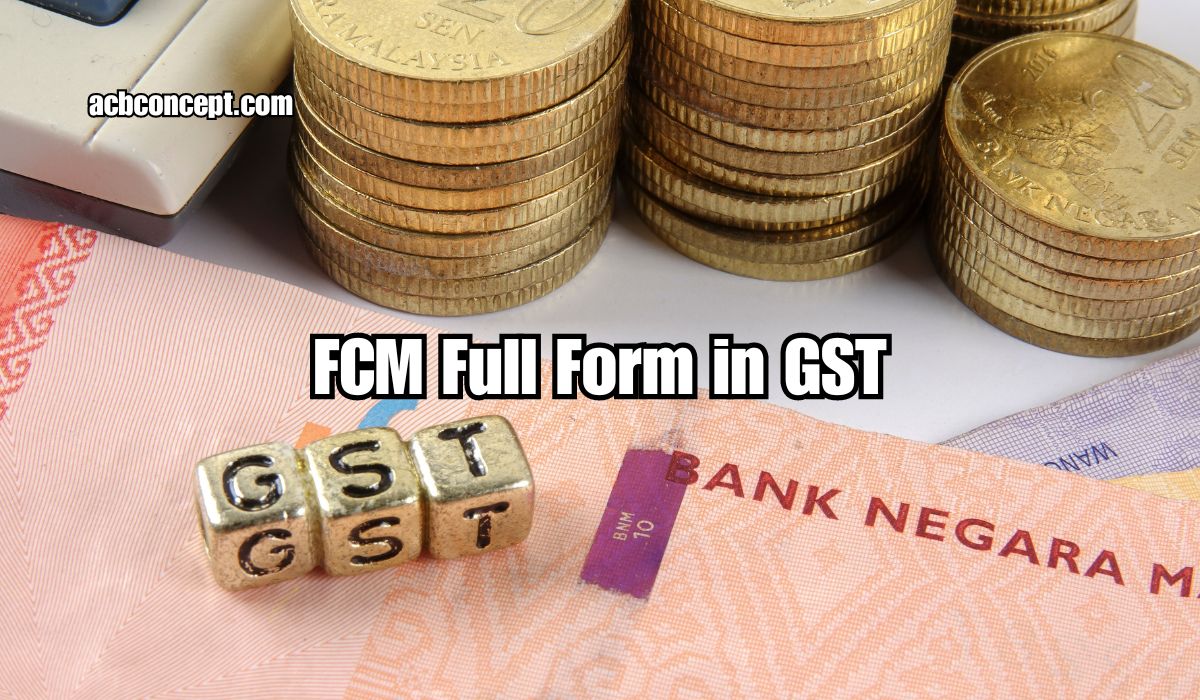
What is the Full Form of FCM in GST?
- by Pankaj
The FCM Full Form in GST is Forward Charge Mechanism. In India, GST is collected through two primary modes: the Forward Charge Mechanism (FCM) and the Reverse Charge Mechanism (RCM). This article delves into what the Forward Charge Mechanism entails, how it operates, its benefits, and how it contrasts with the Reverse Charge Mechanism.
Understanding the Forward Charge Mechanism (FCM) in GST
The Forward Charge Mechanism (FCM) is the primary method for collecting GST in India, often referred to as the standard charge system. Under FCM, the responsibility for paying GST falls on the supplier.
How the FCM Process Works:
- Invoicing: The supplier issues an invoice for goods or services, which details the transaction and applicable GST rate.
- Payment: The customer pays the invoice amount, which includes GST.
- Collection: The supplier collects GST from the recipient.
- Deposit: The supplier deposits the collected GST with the government through GST returns.
The FCM streamlines the interaction between the government and consumers by having suppliers handle GST collection and remittance.
Advantages of the Forward Charge Mechanism
The Forward Charge Mechanism (FCM) offers several benefits:
- Simplified Compliance: For recipients, FCM simplifies GST compliance as they do not need to calculate or pay GST separately. They simply pay the invoice amount plus the pre-calculated GST.
- Enhanced Tax Collection: Since registered suppliers are responsible for collecting and depositing GST, this approach improves tax collection efficiency and reduces tax evasion.
- Improved Cash Flow: Suppliers receive the full invoice amount, including GST, which can positively impact their cash flow.
- Increased Formalization: By ensuring that the entire invoice amount is obtained, FCM helps in expanding the tax base and promoting formalization in business transactions.
In conclusion, the FCM Full Form in GST is Forward Charge Mechanism, a crucial component of GST collection that benefits both suppliers and the government by simplifying compliance, enhancing tax collection, and improving cash flow.
The FCM Full Form in GST is Forward Charge Mechanism. In India, GST is collected through two primary modes: the Forward Charge Mechanism (FCM) and the Reverse Charge Mechanism (RCM). This article delves into what the Forward Charge Mechanism entails, how it operates, its benefits, and how it contrasts with the Reverse Charge Mechanism. Understanding…
